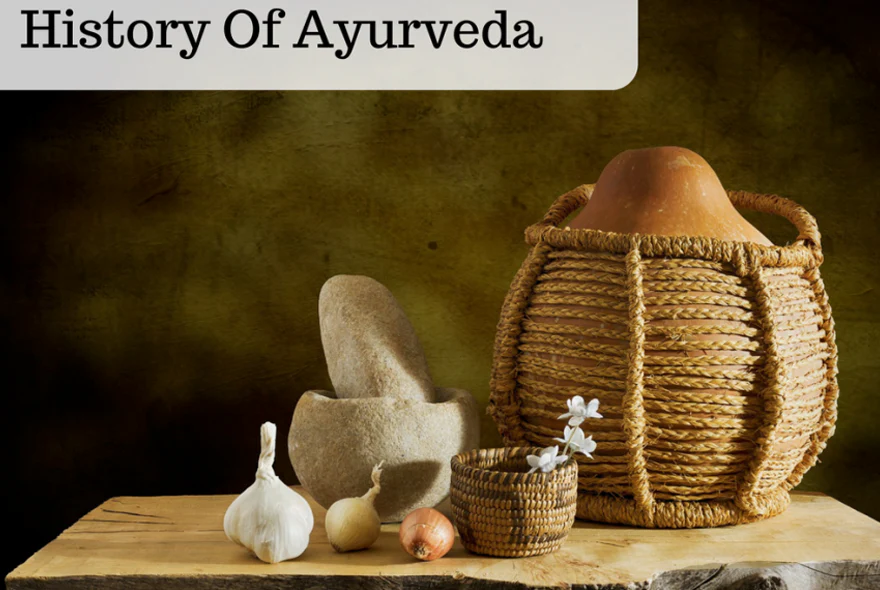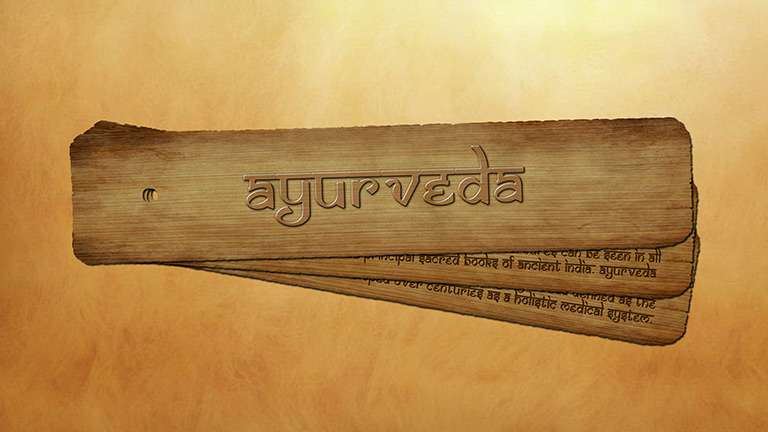
The History of Ayurveda dates back over 5,000 years and is deeply embedded in India’s spiritual and cultural heritage. Derived from the Sanskrit terms “Ayur” (life) and “Veda” (knowledge), Ayurveda means “the science of life.” More than just a medical system, Ayurveda is a philosophy of balanced living. This article explores the rich legacy, evolution, and relevance of Ayurveda in today’s world, particularly in the practices of the Best Ayurveda Doctors in Dehradun and the Best Cancer Doctors in Dehradun.
At the forefront of this ancient healing tradition stands Dr. Arvind Chaudhary, whose commitment to authentic Ayurvedic treatments continues to restore health and balance in patients’ lives. His work exemplifies how the History of Ayurveda is not only preserved but actively practised with modern relevance in Dehradun and beyond.
The Origins of Ayurveda
The History of Ayurveda dates back to the Vedic era, approximately 3,000 BCE. Initially passed down orally, Ayurvedic wisdom was later documented in the Vedas, particularly the Atharvaveda. These ancient texts laid the groundwork for a holistic medical system focused on harmony and wellness. Over time, foundational texts called Samhitas were developed, forming the basis of what we now recognise as classical Ayurveda.
The Three Major Texts of Ayurveda
Three major texts form the backbone of classical Ayurveda:
-
Charaka Samhita, attributed to the sage Charaka, focuses on internal medicine and preventive healthcare.
-
Sushruta Samhita, written by Sushruta, offers detailed knowledge of surgery and anatomy, earning Sushruta the title of “Father of Surgery.”
-
Ashtanga Hridaya, by Vagbhata, consolidates earlier works into a more concise and practical guide. These texts are crucial to understanding the early development and structured knowledge base in the History of Ayurveda.
The Spread and Influence of Ayurveda
Ayurveda’s reach expanded far beyond India through trade and cultural exchange. The History of Ayurveda reflects its influence on systems like Traditional Chinese Medicine and Unani. Its emphasis on balance, natural remedies, and prevention resonated globally and continues to inform modern wellness practices.

Decline and Revival of Ayurveda
During colonial times, Ayurveda suffered due to the rise of Western medicine and the closure of traditional schools. However, the History of Ayurveda took a positive turn in the late 19th and 20th centuries when scholars and national leaders pushed for its revival. Post-independence, the Indian government officially recognised Ayurveda, ensuring its continued practice through institutions and education.
Ayurvedic Principles and Concepts
The timeless principles that define the History of Ayurveda include the balance of the three doshas—Vata, Pitta, and Kapha—and the harmony between mind, body, and spirit. Health, according to Ayurveda, is a state of balance, and disease arises when this balance is disrupted. Treatments aim to restore harmony using diet, herbs, therapies, and detoxification procedures like Panchakarma.
Ayurvedic Treatment of Skin Diseases and Cancer
Modern Ayurvedic experts like Dr. Arvind Kr. Chaudhary, known as the Best Ayurveda Doctor in Dehradun and the Best Cancer Doctor in Dehradun, applies ancient principles to treat modern conditions. His integration of traditional therapies with modern diagnostics exemplifies how the History of Ayurveda still guides effective healthcare today.
The Role of Ayurveda in Modern Healthcare
Interest in Ayurveda has surged globally as people seek natural, preventive, and holistic solutions to chronic health issues. The History of Ayurveda is now part of a broader healthcare narrative, where traditional and modern systems work together. Hospitals and clinics increasingly incorporate Ayurvedic therapies, particularly for chronic conditions and rehabilitation.
In Dehradun, Dr. Chaudhary leads integrative approaches in cancer treatment, blending Ayurvedic detoxification and immune-boosting therapies with conventional medicine for enhanced outcomes.
Conclusion
The History of Ayurveda showcases the depth and durability of one of the world’s oldest healing traditions. From ancient chants to modern clinics, its journey highlights a consistent focus on balance, natural healing, and preventive care.
Thanks to dedicated practitioners like Dr. Arvind Kr. Chaudhary, the Best Ayurveda Doctor in Dehradun and the Best Cancer Doctor in Dehradun, this age-old tradition continues to evolve while staying true to its roots. Ayurveda remains a powerful, sustainable path to health, shaped by its history and guided by timeless wisdom.


